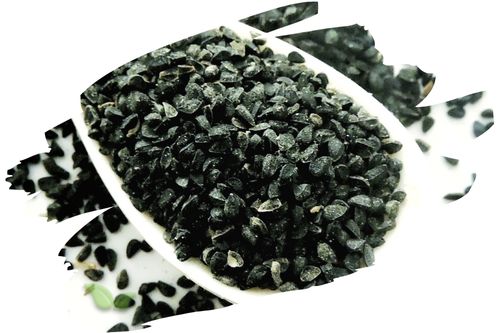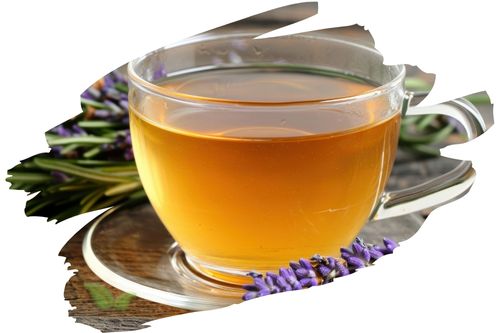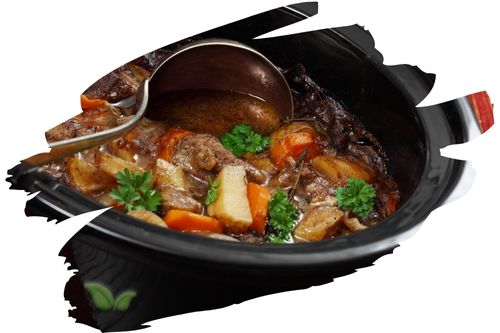
Introduction
Ginseng, a prized herb in traditional medicine, comes in two primary varieties: wild and cultivated. In this article, we delve into the nuances of Comparing Wild Ginseng vs. Cultivated Ginseng, without delving into health benefits. Whether you are a herbal enthusiast or just curious, this guide will help you understand the distinctions between these two varieties, so you can make an informed decision when purchasing or using ginseng products.
Wild Ginseng: Nature's Treasure
Wild ginseng, also known as Panax quinquefolius, is a rare and highly sought-after variety. Here's what sets it apart:
1. Origin and Growth
Wild ginseng is found in natural habitats, often in the dense forests of North America, Asia, and parts of Europe. It grows in a challenging environment, taking years to mature in the wild.
2. Appearance
Wild ginseng typically has a more twisted and irregular shape compared to its cultivated counterpart. Its roots can resemble the human figure, which is considered a sign of high quality in traditional Chinese medicine.
3. Flavor Profile
Wild ginseng's flavor is often described as more potent and earthy. It has a subtle bitterness that herbal connoisseurs appreciate.
4. Price and Rarity
Due to its scarcity and the effort required to harvest it sustainably, wild ginseng is considerably more expensive than cultivated ginseng.
5. Sustainability Concerns
Harvesting wild ginseng can have negative ecological impacts. Over-harvesting has led to legal restrictions and conservation efforts.
Cultivated Ginseng: Controlled Excellence
Cultivated ginseng, scientifically known as Panax ginseng, is a cultivated alternative with its own unique characteristics:
1. Controlled Environment
Cultivated ginseng is grown under carefully controlled conditions, ensuring consistent quality and purity.
2. Uniform Appearance
Cultivated ginseng roots tend to be more uniform in shape and size, making them easier to process and use in herbal products.
3. Mild Flavor
Compared to wild ginseng, cultivated ginseng has a milder, less bitter taste, which can be more palatable for some individuals.
4. Accessibility and Affordability
Cultivated ginseng is more widely available and affordable than its wild counterpart, making it a popular choice among consumers.
5. Sustainability
Cultivated ginseng cultivation methods can be more sustainable, reducing the ecological impact associated with wild ginseng harvesting.
Comparing Wild Ginseng vs. Cultivated Ginseng
Now, let's directly compare these two types of ginseng:
1. Quality
- Wild Ginseng: Often considered superior in quality due to its natural growth and unique shapes.
- Cultivated Ginseng: Offers consistent quality but may lack the distinctive features of wild ginseng.
2. Price
- Wild Ginseng: Comes with a premium price tag due to its rarity.
- Cultivated Ginseng: More budget-friendly, making it accessible to a wider range of consumers.
3. Flavor
- Wild Ginseng: Known for its potent and earthy flavor.
- Cultivated Ginseng: Tends to have a milder taste, suitable for those who prefer a less bitter herbal experience.
4. Ecological Impact
- Wild Ginseng: Harvesting can harm natural habitats, raising ecological concerns.
- Cultivated Ginseng: Grown sustainably, minimizing environmental impact.
5. Availability
- Wild Ginseng: Difficult to find due to its limited supply.
- Cultivated Ginseng: Widely available in various forms, including capsules and extracts.
Frequently Asked Questions
Can I cultivate wild ginseng at home?
Yes, but it's a challenging and time-consuming process that requires specific conditions to mimic its natural habitat.
Are there any legal restrictions on wild ginseng harvesting?
Yes, many regions have strict regulations to protect wild ginseng populations.
Does wild ginseng have more medicinal properties than cultivated ginseng?
Not necessarily. Both types have their unique benefits, and the choice depends on individual preferences and needs.
Can I mix wild and cultivated ginseng in herbal remedies?
Certainly, blending them can create a balance between potency and affordability in herbal formulations.
Are there any side effects to ginseng consumption?
Ginseng is generally safe, but like any herb, it may cause side effects in some individuals. Consult with a healthcare professional before use.
How can I tell if a ginseng product is genuine?
Look for reputable brands, and ensure the product is labeled accurately with information on its source and type (wild or cultivated).
Conclusion
Comparing Wild Ginseng vs. Cultivated Ginseng reveals distinct characteristics and considerations for herbal enthusiasts. Wild ginseng stands out for its rarity and unique qualities, while cultivated ginseng offers consistency and affordability. Ultimately, the choice between them depends on your preferences, budget, and ecological concerns. Make an informed decision and enjoy the benefits of this remarkable herb.
Alert: While spices can have many beneficial properties for health, using them for medical purposes should be done under the guidance and supervision of a healthcare professional or specialist. Some spices may interact with medications or cause adverse reactions in certain individuals, and it is important to use them safely and appropriately. If you are considering using spices for a medical condition, it is important to consult with a healthcare professional before doing so.




















































